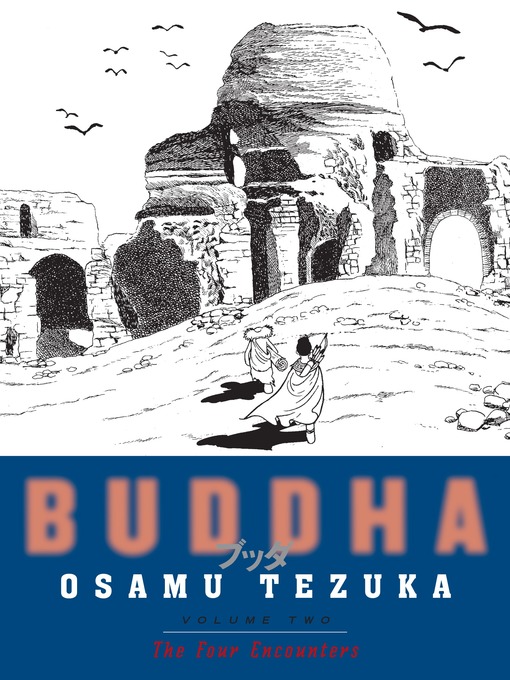- All Fiction
- Literature
- Sci Fi & Fantasy
- Manga
- Haiku and Poetry
- Previous JFT Book Club – With Silent Reading Time – Food in Japan
- Multi-award-winning author ISAKA Kotaro North American debut
- See all fiction collections
- All Nonfiction
- Japanese Language Study
- Arts and Culture
- Cooking &Food
- Japanese Language Study Materials
- Hobbies and Activities
- Previous JFT Book Club – With Silent Reading Time – Food in Japan
- See all nonfiction collections
